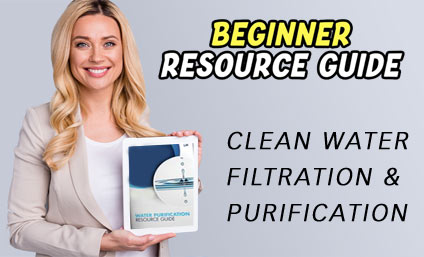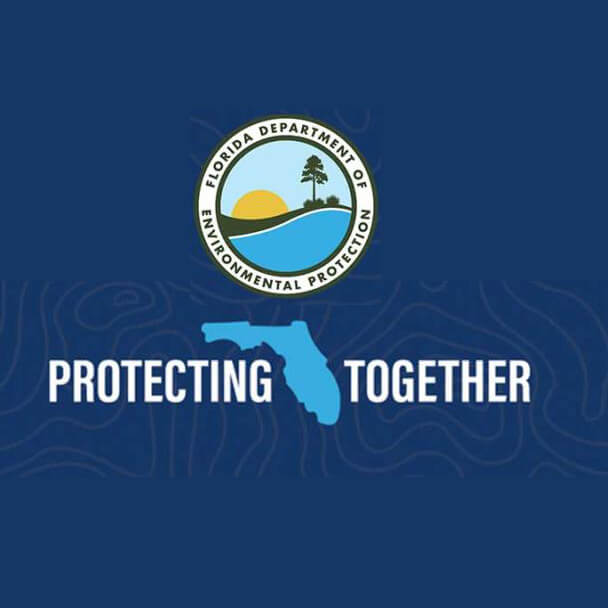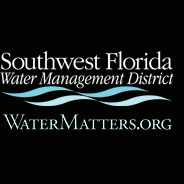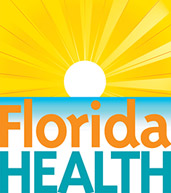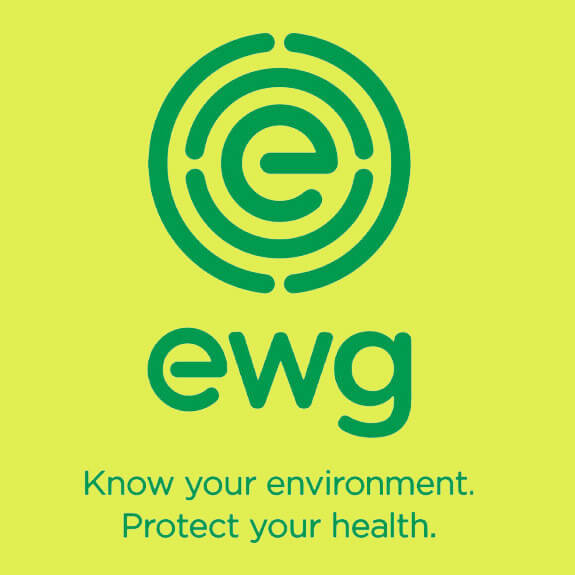Mitigating Water Pollution in Florida: Measures and Policies
Water pollution is a significant environmental concern in Florida, with diverse sources ranging from agricultural runoff to urban stormwater. This article explores factual measures and policies implemented in the state to mitigate water pollution, safeguarding the quality of its water resources for the well-being of both the environment and its residents.
1. Best Management Practices (BMPs) in Agriculture
**Challenge:** Agricultural activities contribute nutrients and pesticides to water bodies, impacting water quality.
**Measure:** Best Management Practices (BMPs) are science-based guidelines designed to reduce agricultural pollution. These practices include precision irrigation, cover cropping, and nutrient management plans, helping farmers minimize runoff and protect water quality.
2. Stormwater Management
**Challenge:** Urbanization increases impervious surfaces, leading to elevated stormwater runoff containing pollutants.
**Measure:** Implementing stormwater management strategies, such as green infrastructure (permeable pavements, green roofs) and retention ponds, helps capture and treat stormwater before it reaches water bodies. Municipalities often have regulations in place to ensure proper stormwater management in new developments.
3. Advanced Wastewater Treatment
**Challenge:** Wastewater discharges from municipal treatment plants can introduce contaminants into waterways.
**Measure:** Advanced wastewater treatment technologies are employed to enhance the removal of pollutants. This includes processes like membrane filtration and UV disinfection, ensuring that treated effluent meets stringent water quality standards before being released into the environment.
4. Environmental Regulations
**Challenge:** The lack of regulatory oversight can lead to unchecked pollution from various sources.
**Measure:** Federal and state environmental regulations, such as the Clean Water Act, set standards for water quality and pollutant discharges. Regulatory agencies enforce compliance, conduct monitoring, and impose penalties for non-compliance, fostering accountability among industries and municipalities.
5. Conservation of Natural Wetlands
**Challenge:** Wetland destruction and degradation can result in the loss of natural water filtration and purification processes.
**Measure:** Conservation efforts focus on preserving natural wetlands, recognizing their vital role in maintaining water quality. Wetland restoration projects are also undertaken to enhance ecosystem functions, ensuring these areas continue to act as effective buffers against pollutants.
6. Source Water Protection
**Challenge:** Contamination of source waters for drinking water supplies poses a direct threat to public health.
**Measure:** Source water protection involves proactive measures to prevent pollution in areas that supply drinking water. This includes land-use planning, monitoring of potential contaminant sources, and public education on responsible land practices to protect water sources.
7. Nonpoint Source Pollution Control
**Challenge:** Nonpoint source pollution, arising from diffuse sources like agricultural runoff and urban areas, can be challenging to control.
**Measure:** Nonpoint source pollution control programs focus on collaborative efforts involving communities, farmers, and businesses. These programs employ a combination of education, incentives, and technical assistance to address the diffuse nature of nonpoint source pollution.
8. Community Engagement and Education
**Challenge:** Lack of awareness and understanding of the impact of individual actions on water quality.
**Measure:** Community engagement and education initiatives aim to raise awareness about the importance of water conservation and pollution prevention. These programs empower residents to adopt water-friendly practices and report any potential pollution incidents.
9. Water Quality Monitoring and Research
**Challenge:** Adapting strategies to evolving pollution threats requires up-to-date information.
**Measure:** Continuous water quality monitoring and scientific research provide essential data to assess pollution trends, identify emerging contaminants, and refine mitigation strategies. This information informs regulatory decisions and helps prioritize pollution prevention efforts.
10. Sustainable Land Use Planning
**Challenge:** Unplanned development can contribute to habitat loss and water pollution.
**Measure:** Integrating sustainable land use planning practices ensures that new developments consider water quality implications. This includes zoning regulations, green building standards, and policies that promote low-impact development techniques to minimize environmental impact.
Conclusion
Florida's commitment to mitigating water pollution involves a comprehensive and collaborative approach. Through a combination of regulatory frameworks, technological advancements, and community involvement, the state continues to address the diverse challenges posed by pollution sources. By implementing and refining these measures, Florida aims to secure a sustainable and healthy water future for its residents and the environment.
